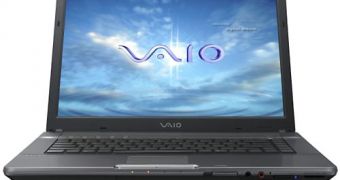Buying a laptop or a notebook computer is something that all potential buyers should do only after a careful consideration of all available products. When said potential users and buyers lack the necessary technical skills to make an informed decision, they are often at the mercy to the computer vendor that is mainly interested in selling expensive items or out of demand ones. So you may find yourself paying a lot for the some capabilities that you may never use or getting an obsolete machine that will slowly crawl its way through most applications and operating systems, forcing your patience and your budget, in case you decide to upgrade it.
As most mobile computing solutions on the market today are less upgradeable than their desktop counterparts, it is often vitally important to choose right from the start. First of all, a potential buyer should think about the purpose of the machine he or she is buying. Will it be used for intensive processor and graphics applications like CAD programs, database interrogations or games? If the answer is "yes", I truly hope your budget can handle it, as a powerful mobile computing platform can cost as much as 6000 dollars. On the price issue, even if you can afford it, don't jump ahead and buy the most expensive laptop you can find, as you will probably get a machine with capabilities that you may never use and in just a few months its price will be much lower.
The definition of a laptop is 'computing power on the move'. Choose a machine that has reasonable dimensions and a supportable weight if you plan to carry it around in a bag. Another important thing to consider when you go buying a laptop is its display. A bigger display will allow you to use a higher screen resolution but will also mean a more rapid battery drain, an overall bigger laptop, which in turn translates into an increased weight and difficult transportation.

 14 DAY TRIAL //
14 DAY TRIAL //